Join us for Parent & Family Weekend 2014! We are very much looking forward to your visit.
While the date is yet to be determined, we know that the Weekend will be held
October 17-19. Look for more details to follow in the Summer!
This is a fun-filled weekend with time to reconnect with your
student and meet his or her friends, instructors
, roommates, MSU staff members, and other parents,
and to enjoy the MSU Campus. The more the merrier!
Please consider including siblings, grandparents, and other influential people in your student's life


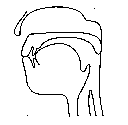
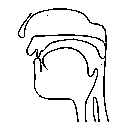
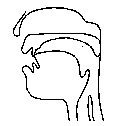
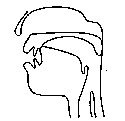
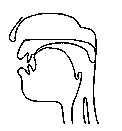
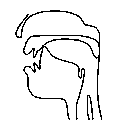
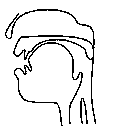
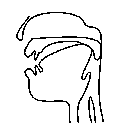
.gif)